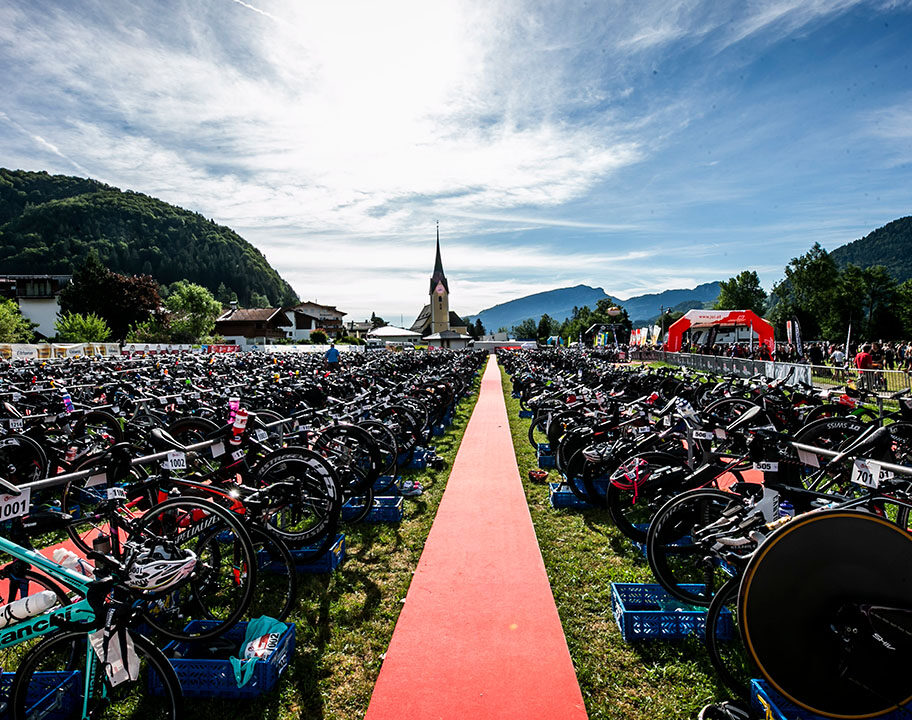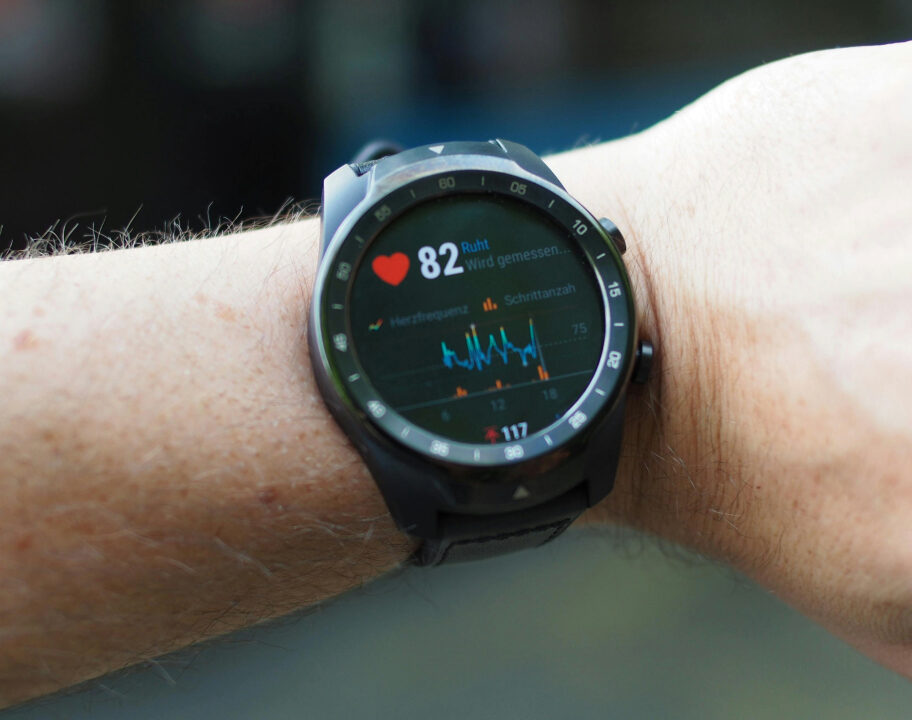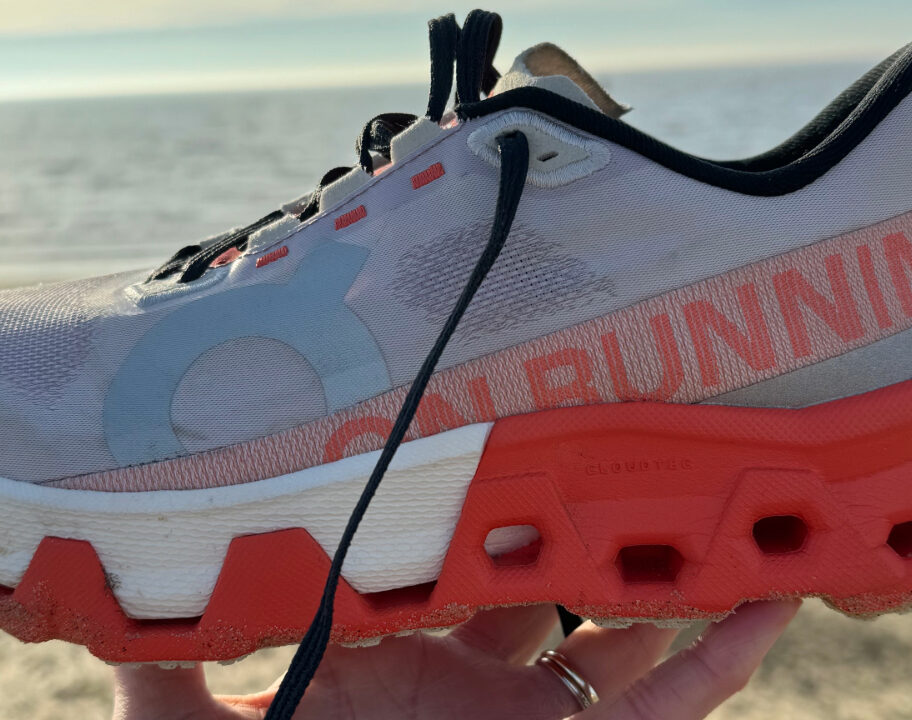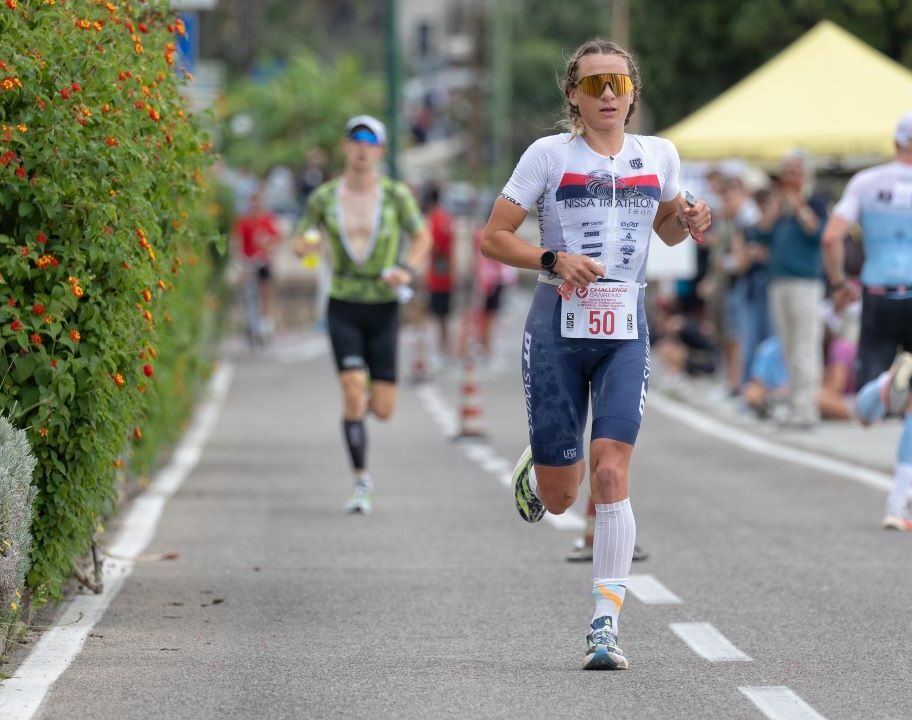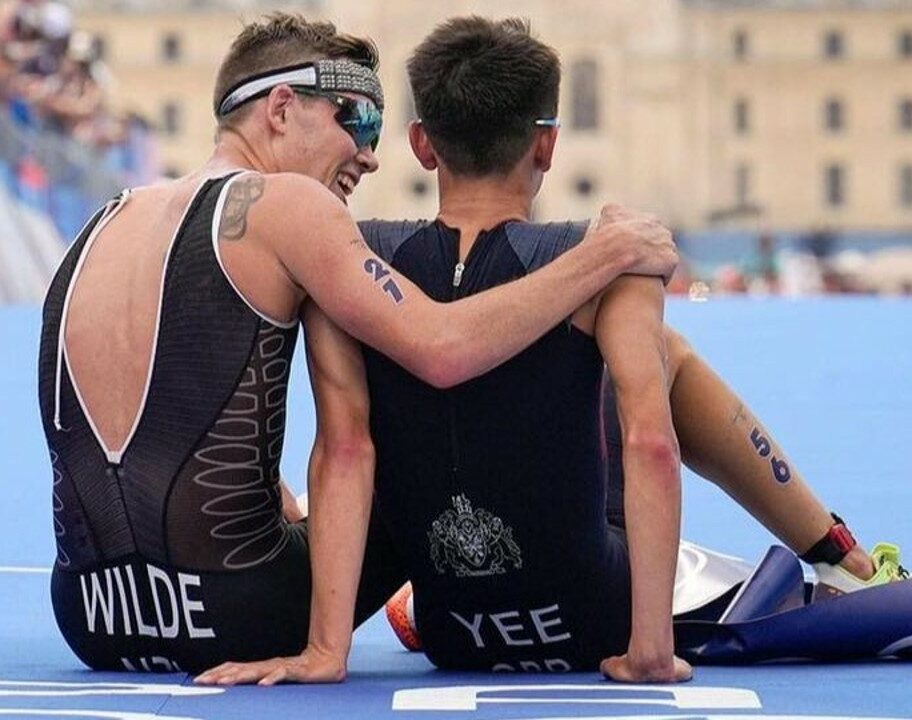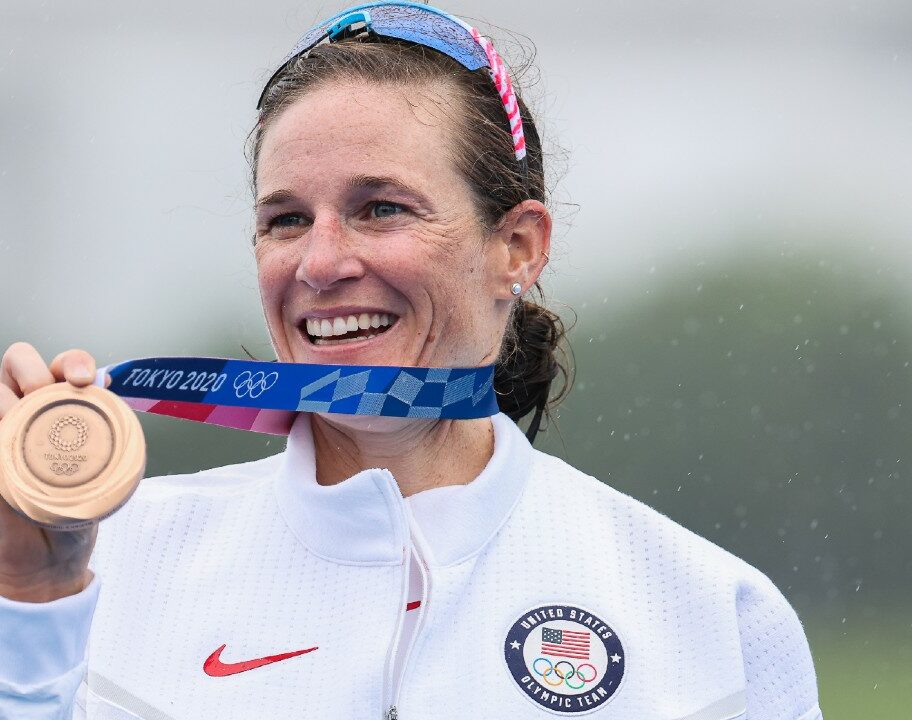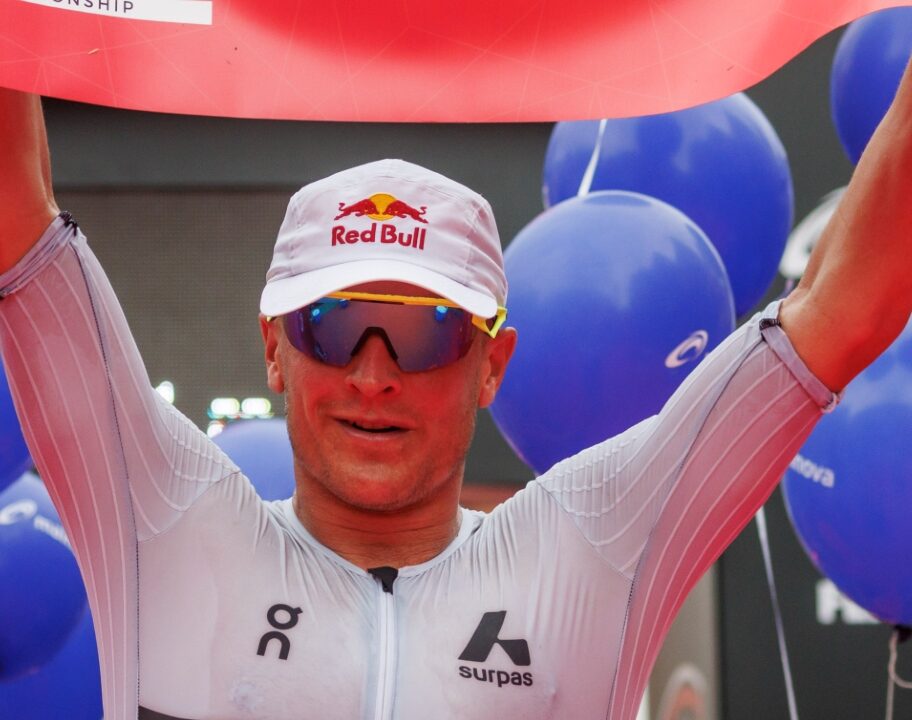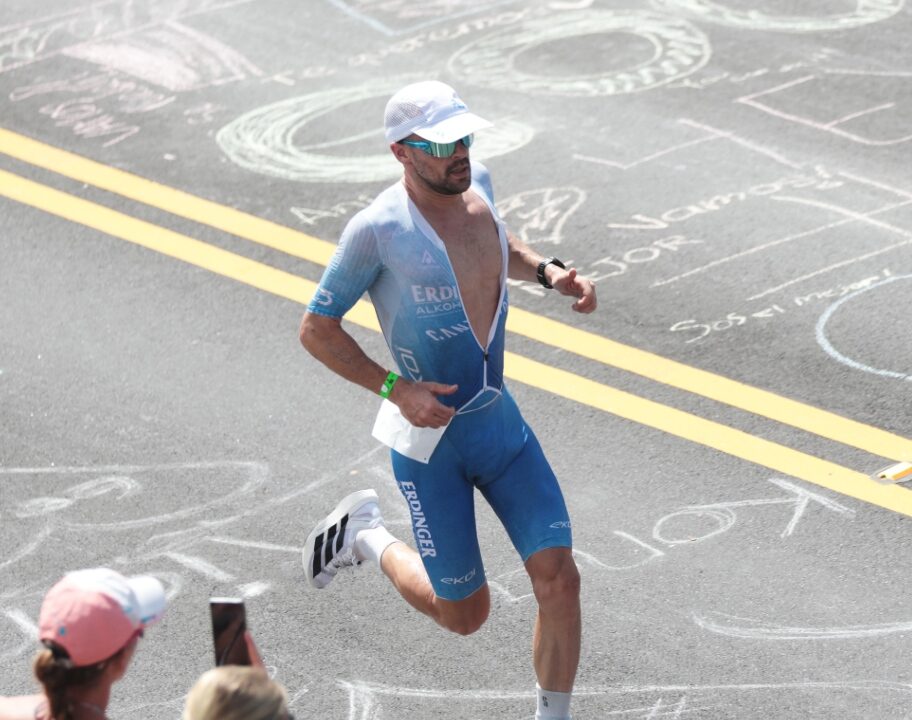Skye Moench, the PTO World #13, recently helped unpack the important issue of building a narrative around women’s triathlon.
The American, who last weekend set a new course record on her way to the win at IRONMAN Florida, tackled a topic that is currently not talked about enough in professional triathlon circles.
Speaking to TRI247, Moench explained the double standards that paint outspoken women as hostile but applaud their male counterparts, underlining why this prevents female pros from freely expressing themselves.
“There’s definitely a double standard”
Demonstrating how the skewed perception of what constitutes a masculine or feminine trait has seeped into the world of sport, Moench astutely analyses the prejudice that women are faced with when they display characteristics that are often sought after in men.
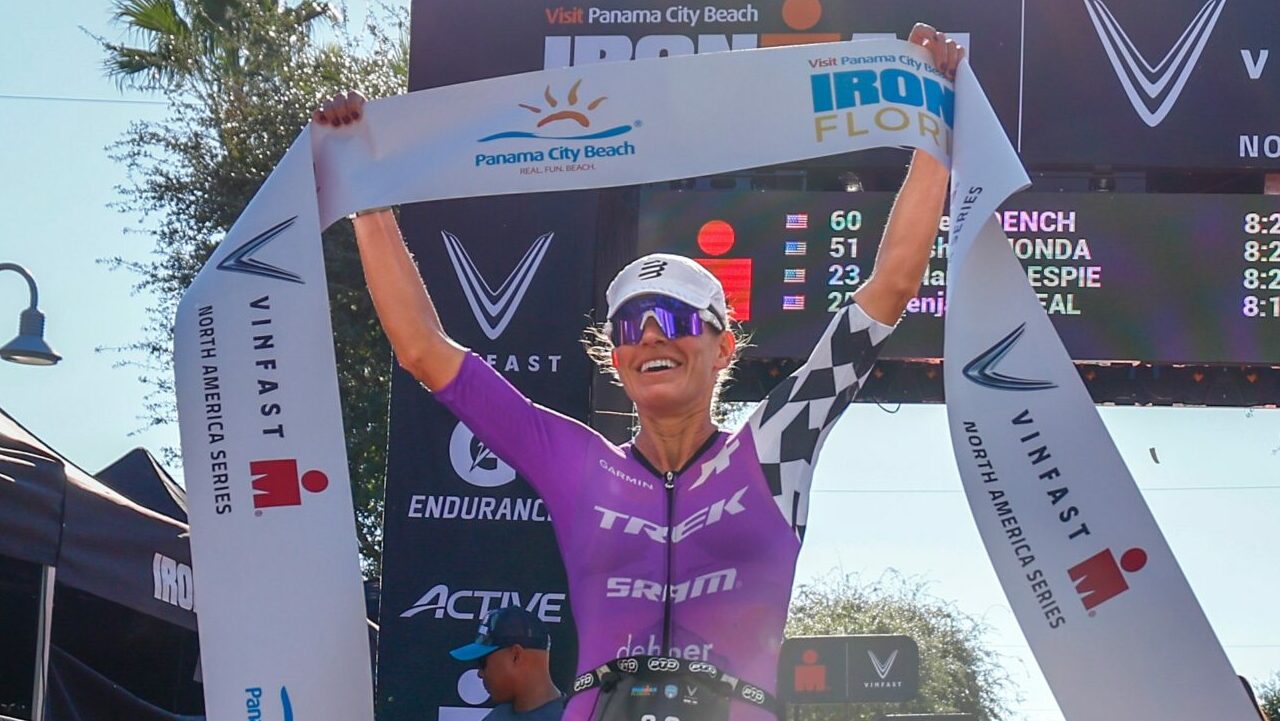
“If you’re an opinionated woman, you are just an outspoken, “I don’t want to deal with her” woman. If you’re an opinionated, outspoken man then you’re a leader and it’s not just in sport. It’s getting better, but if you don’t fit the traditional soft spoken, female role then it’s seen as “she’s tough to deal with” or “she’s cocky”.
“There’s definitely a double standard in the way men and women can represent themselves in sport and how it is perceived, which makes it really hard for women to build the hype for themselves and build the narrative, because we have to stick to the soft, inspirational types of stories that people love.”
“Why should we have to pretend otherwise”
Moench believes that without the restrictions on how female pros express themselves, for fear it negatively impacts their perception, the women in triathlon would be able to build a more compelling narrative around the rivalries in the sport.
“Maybe women naturally are less outspoken, but I think that we do have to hold back because we don’t want people to feel like we are nasty or overconfident.
“I don’t know what the solution is, but I think maybe it’s going to take more women not caring what people think and not caring about the “consequences” and seeing if that helps build the rivalries and the stories and then the sport can evolve.
“We don’t have to be mean to each other, we’re not being mean to each other, we’re just saying how we really feel and we are athletes who are competitive and want to win, why should we have to pretend otherwise.”


